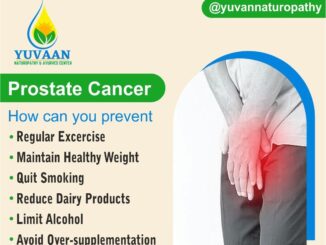
Muscle Cramps:
Muscle cramps, characterized by sudden, involuntary contractions of muscles, can be discomforting and disruptive to daily life. Commonly occurring in the legs, feet, or back, these cramps are often the result of muscle overuse, dehydration, or nutrient imbalances. While conventional treatments may involve over-the-counter medications or muscle relaxants, naturopathy offers holistic and natural approaches to prevent and manage muscle cramps.
Dehydration is a prevalent cause of muscle cramps, emphasizing the importance of maintaining adequate fluid levels. Naturopathy recommends regular hydration with water and electrolyte-rich beverages like coconut water, which replenishes essential minerals such as potassium and magnesium. These minerals play a crucial role in muscle function and can help prevent cramps.
Mineral deficiencies, especially in potassium and magnesium, are linked to muscle cramps. Naturopathy addresses this by promoting a nutrient-rich diet. Foods high in potassium, such as bananas, oranges, and leafy greens, are recommended. Additionally, magnesium-rich foods like nuts, seeds, and whole grains contribute to muscle health.
Herbal remedies are integral to naturopathic approaches. Herbal supplements like valerian root, passionflower, or chamomile can have muscle-relaxant properties. These herbs help reduce muscle tension and promote relaxation, potentially preventing cramps.
Yoga, a key component of naturopathy, offers gentle stretching exercises that enhance flexibility and reduce muscle tightness. Poses like child’s pose, downward dog, and cobra stretch target various muscle groups, promoting overall musculoskeletal health.
Incorporating lifestyle modifications is crucial in naturopathic management. Stress management techniques, such as meditation and deep breathing exercises, can contribute to muscle relaxation. Stress-induced muscle tension is a common trigger for cramps, and addressing this aspect holistically aids in prevention.
Moreover, identifying and addressing underlying imbalances in the body’s elemental composition is fundamental in naturopathy. The holistic approach involves assessing the individual’s overall health, lifestyle, and potential contributing factors to muscle cramps. Naturopaths work towards restoring balance, considering the interconnectedness of various bodily systems.
Conclusion:
In conclusion, naturopathy offers a comprehensive and natural approach to prevent and manage muscle cramps. From dietary recommendations and herbal remedies to stress management and targeted yoga exercises, naturopathic strategies focus on addressing the root causes of muscle cramps, promoting overall well-being and a healthier, more balanced life.




Be the first to comment